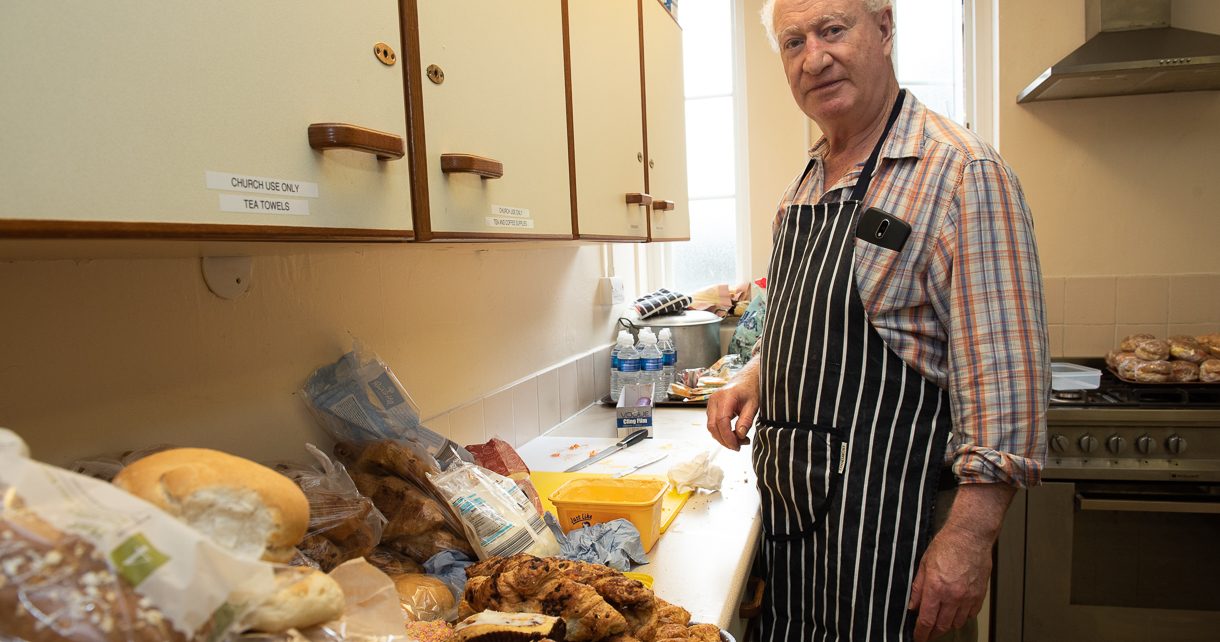Govt puts deaf in peril
For nearly 100,000 deaf people in the UK, British Sign Language (BSL) is their primary form of communication.
Properly trained and qualified BSL interpreters are a lifeline for these tens of thousands of people, who rely on intepreters’ work to access vital public services.
But thanks to government agreements introduced in 2015 – yet another failure of austerity and privatisation in the name of â€cost savings’ – deaf people are being badly let down, and in some cases the consequences have been life-threatening.
These national framework agreements (NWAs), designed to save the government money by â€buying in bulk’, are more commonly used in, say, the procurement of office furniture.
But since applied to the hiring of sign language interpreters for providing interpreting in hospital and GP appointments, Â legal and justice matters, as well as in social care and child protection, the results have been disastrous.
In a new report published by the National Union of British Sign Language Interpreters (NUBSLI), a branch of Unite, one interpreter reported, for example, their experience of attending a consultant appointment with an elderly deaf man who had a serious heart condition.
The consultant was concerned that despite having taken his medication, the man’s health had continued to seriously deteriorate. He had initially been assigned a different, unqualified interpreter through an agency as part of the NWA and so one key instruction of taking his medication had been missed.
“[The patient] had explained [to the consultant] that he was taking his medication and drinking â€lots and lots’ as he had been told,” the interpreter noted.
The qualified interpreter used their advanced skills in medical interpreting to find out what had been missed in translation with the unqualified interpreter.
â€Heart failure’
“The tablets the man was on meant fluids had to be limited to no more than 1 litre per day,” she said. “The consequences of not following this was ultimately heart failure. It became clear that the agency had previously sent an unqualified person to interpret.
“The man had been attending numerous appointments and was made ill as a result of this one error.”
This was one of many shocking stories of deaf people being assigned unqualified interpreters because, as part of the national framework agreement, the government procures sign language interpreters through large multinational spoken language agencies. These agencies lack specialist knowledge and have slashed fees and terms and conditions for qualified professionals who have trained for years. In the process, quality standards have been compromised to maximise profits.
Misrepresented
In some instances no interpreters have been provided for statutory services such as child protection meetings, court and medical appointments, while deaf defendants in court cases have been misrepresented in court by inexperienced interpreters.
The chaos caused by national framework agreements has prompted many to consider abandoning the profession – a worrying development considering a 2015 NUBSLI survey found that 48 per cent of interpreters were considering leaving the profession with 93 per cent of these respondents having more than 10 years’ experience.
The lack of qualified BSL interpreters in the UK is so dire that it prompted the United Nations to reprimand the UK government over the issue. A leading UN committee warned the UK government that it lacked the necessary legislation to ensure deaf people have access to highly qualified interpreters – and so risked violating deaf people’s human rights.
Unite national officer Siobhan Endean said that BSL interpreters provide an “essential service when deaf people access and navigate their way around public “services such as our courts system, health service and social services by ensuring hearing professionals are able to communicate effectively with their deaf service users.
“This support is now at breaking point because of the government’s ill-judged and misconceived introduction of national framework agreements which has seen agencies move in and put profit before people,” she added.
â€Vital service to vulnerable’
“The government needs to urgently review the framework agreements which now govern the provision of interpreting and translation services in addition to the role of agencies in providing a vital service to vulnerable adults in the public sector.
“Ministers must also establish minimum standards for the provision of British Sign Language interpreting services and re-establish the direct booking of British Sign Language/English interpreters by key public sector bodies to improve quality assurance.”
NUBSLI branch secretary Samantha Riddle agreed.
“The introduction of framework agreements has led to fees for interpreters being slashed by as much as a third, forcing experienced professionals out of the profession, in addition to corners being cut and poorer levels of support for deaf people,” she said.
“This has not only resulted in distress and restricted access to public services for deaf people, but is has also led to potentially life threatening situations with inexperienced and unqualified interpreters being relied upon in medical situations.”
 Like
Like Follow
Follow


